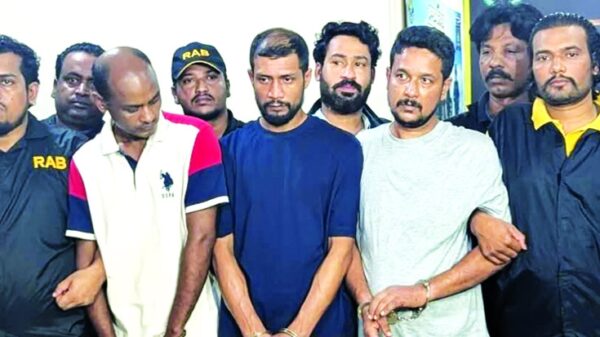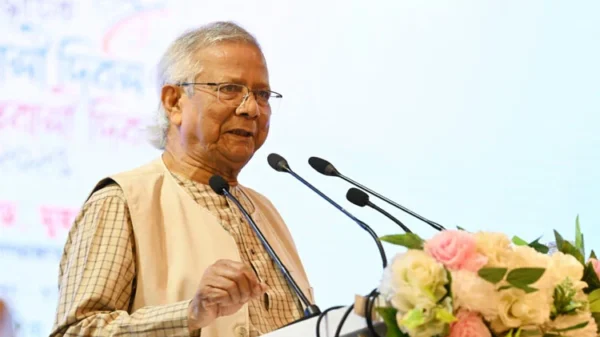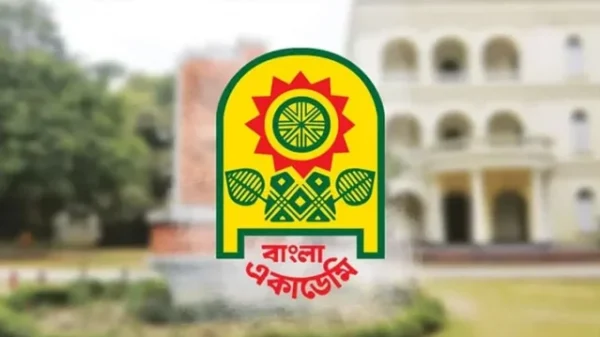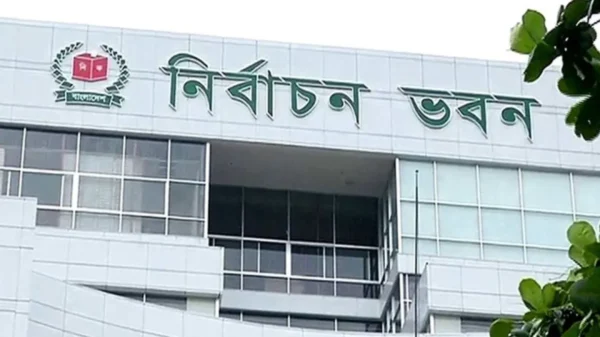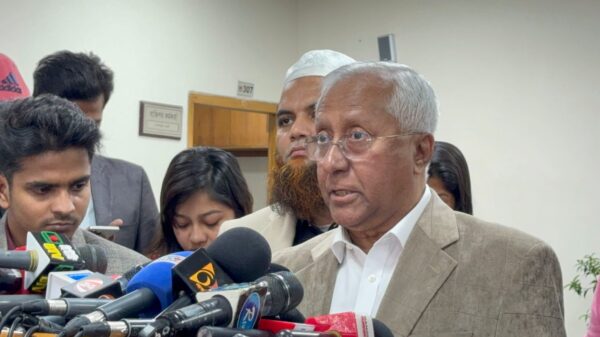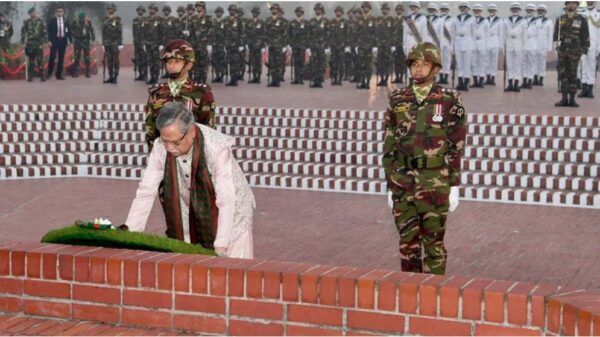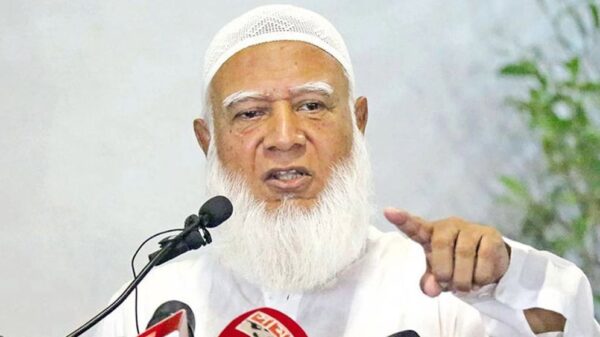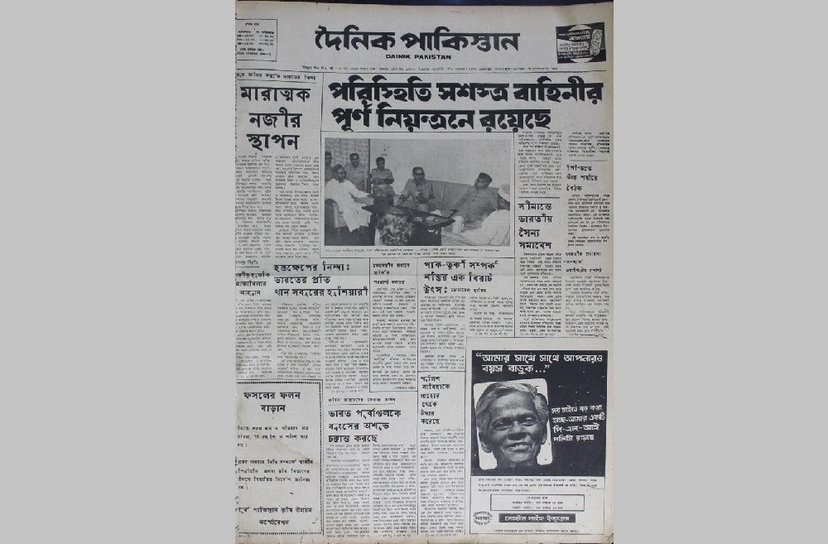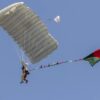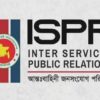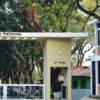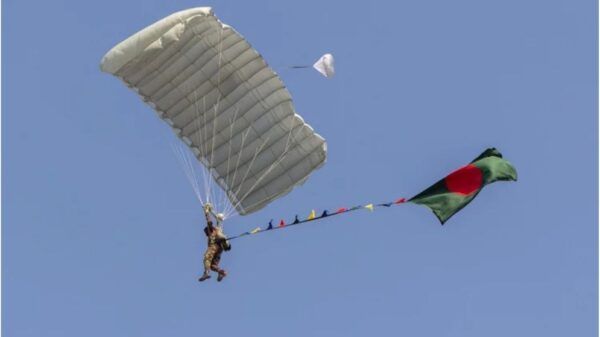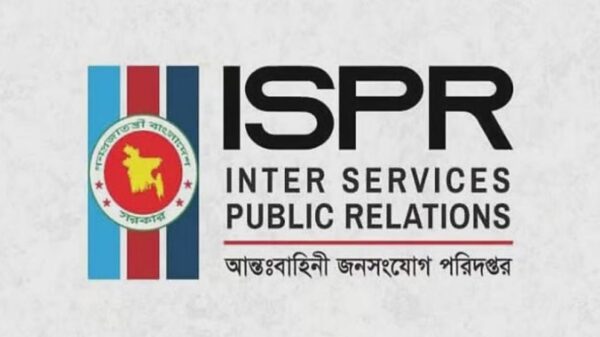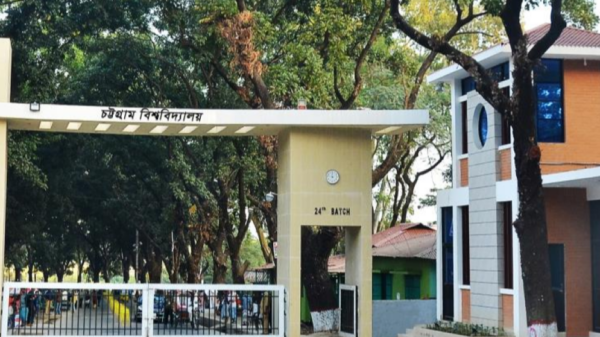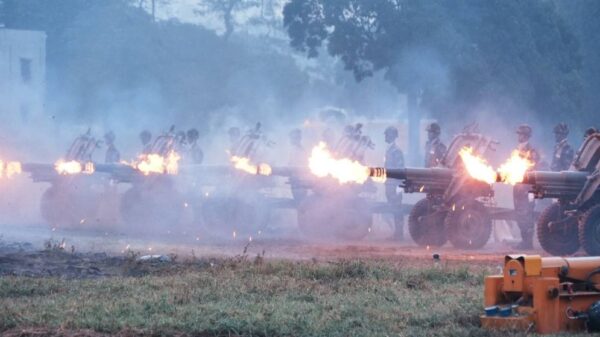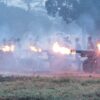Staff Reporter:
Throughout the 23 years of West Pakistani repression, ignoring censorships and risks of arrests and bans, newspapers in East Bengal had played a pivotal role in developing public opinion in favour of independence but the things had changed in the last week of March 1971 when Pakistan army resorted to massacre on unarmed Bangalees and made all newspapers bound to display news only of their choice.
In the occupied Bangladesh during the consequent nine-month of war, almost all popular newspapers lost their character being instructed and threatened by the brutal enemy forces.
Attack on newspaper offices
In the eventful first three and a half weeks of March, most newspapers in yet-to-be independent Bangladesh presented all news related to the united stance of Bangalees under the leadership of Awami League chief Bangabandhu Sheikh Mujibur Rahman and their spontaneous participation in the non-cooperation movement which definitely irked the Pakistani establishment.
Therefore, while conducting the infamous “Operation Search Light” on 25 March, the Pakistan army stormed the newspaper offices. It first razed The People office. The next day the military burnt down Dainik Ittefaq office and two days later it set fire on Sangbad office through indiscriminate mortar shells and bomb attacks. Journalist and progressive litterateur Shahid Saber was killed in the Sangbad office fire.
All of these three newspapers were vocal against disparity between the two wings of Pakistan and continuous subjugation of West Pakistanis on Bangalees.
Later, the occupation forces attacked the offices of Dainik Pakistan, Dainik Purbadesh, and Pakistan Observer and destroyed a portion of Dhaka Press Club.
The Pakistani establishment’s message was loud and clear. No newspaper in the occupied country would be allowed to publish anything that would go in favour of the Bangalees’ struggle for freedom and boost the morale of the people.
As a result, a big portion of pro-independence journalists either went underground or fled to Kolkata. Basically, people relied on the foreign newspapers and other mediums to get the true picture of the war.
Declaration of independence, Bangabandhu’s arrest did not appear in newspapers
The journalists who got stuck in the occupied country could hardly write anything disobeying the orders of the Pakistan army.
The massacre on the fateful night of 25 March, declaration of independence, and the subsequent arrest of Bangabandhu Sheikh Mujibur Rahman did not appear in the newspapers as no newspaper was published from 26 to 30 March in Bangladesh.
The People and Sangbad had no way to resume their publication. “Swaraj” and “Banglar Bani”, two periodicals vocal about the resistance movement, were closed down though Dainik Ittefaq got permission to publish from 22 May.
Publication resumed
The major dailies of Dhaka had resumed publication on a limited scale in the first week of April following the dictation of the Pakistani military junta. Their main job was to give an impression of normalcy to the outside world though people stopped depending on those for knowing the truth.
On 2 April, the lead story of the Dainik Pakistan was “Bank transactions begin today”. Citing a press note issued by the government, the news said, “All major cities and entire rural areas of East Pakistan remained calm yesterday and no incident was reported from anywhere.”
The next day the daily headlined, “India arming the separatists”. Dainik Azad on 5 April carried a story titled, “India intends for war”. According to the report, “Indian soldiers dressed in civilian clothes crossed the border and entered East Pakistan.”
In the consequent months, some common features, including opposing India, trying to depict the situation look normal, showing international opinion in favour of Pakistan, presenting news of various development works conducted by the government and strongly criticising Mukti Bahini, were found in the newspapers published from occupied Dhaka.
No news on the formation of ‘Mujibnagar Government’
No newspaper published from Dhaka made any report on the proclamation of independence and formation and oath-taking of the Mujibnagar Government on 10 April and 17 April, respectively.
Five days after the swearing-in of the first government of Bangladesh, Dhaka-based newspapers reported the matter in a different way. On 23 April, Dainik Pakistan headlined, “India does not recognise the so-called Bangladesh government”.
“India has assured Pakistan that it does not recognise the so-called Government of Bangladesh and that no diplomatic privileges will be granted to Hussain Ali, the former Deputy High Commissioner of Pakistan in Calcutta,” the report said.
News of Indian attack
In response to Pakistan’s multiple air raids on the Indian Air Force bases and radar stations in the Western Sector, the Indian army attacked Pakistan army entering Bangladesh on 3 December.
The lead story of Dainik Ittefaq on 4 December was “West Pakistan is attacked”. According to the news printed in the newspapers of Dhaka, it seemed that Pakistan was going to win the war though the reality was completely opposite.
English Daily Morning News on 5 December headlined, “46 Indian planes destroyed”.
Dainik Purbadesh wrote, “Attack stalled, counter strike begins” the same day.
Dhaka based newspapers continued publishing news on Pakistan army’s success in different battlefields till 13 December.
A few exceptions
Despite all odds, some journalists tried their heart and soul to portray news in favour of freedom fighters technically. A few journalists with help from freedom loving mass people published newspapers and periodicals to keep people’s optimism alive.
On the other hand, Dainik Sangram, the mouthpiece of Jamaat-e-Islami, throughout the nine months of the war vehemently supported West Pakistani establishments and published news in their favour terming freedom fighters “perpetrators” and “Indian collaborators”. It urged people to hand over “perpetrators” to the army for saving Pakistan and Islam.
Role of the newspapers published from the occupied country does not reflect the actual contributions of newspapers and journalists in making Bangladesh a reality.
In nine months of the war, the brutal Pakistani forces and their local associates killed a number of journalists, including Serajuddin Hossain, Shahidullah Kaiser, Khondkar Abu Taleb, Nizamuddin Ahmad, SA Mannan (Ladu Bhai), ANM Ghulam Mostafa, Syed Nazmul Haque, Abul Bashar, Shiv Sadhan Chakraborty, Chishti Shah Helalur Rahman, Muhammad Akhtar, Selina Parveen and AKM Shahidullah (Shahid Saber).


